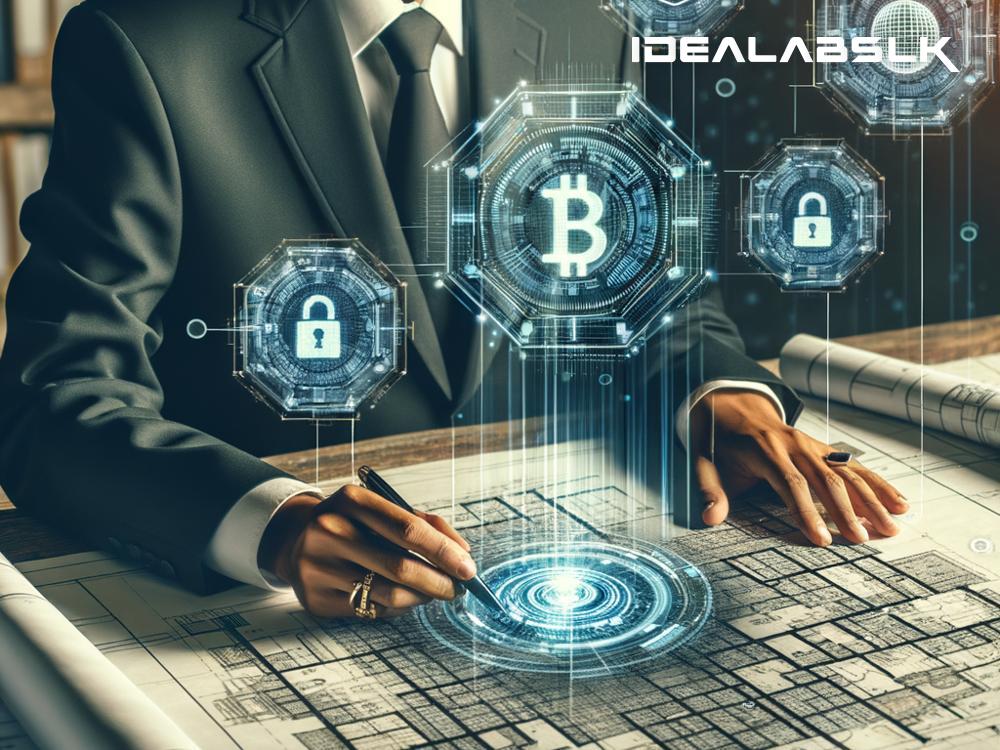Blockchain and AI for Real Estate: Unlocking New Possibilities in Property Development
The real estate industry, long known for its traditional methods, is on the cusp of a major transformation. Emerging technologies like Blockchain and Artificial Intelligence (AI) are not just buzzwords but are increasingly becoming integral to enhancing the property development lifecycle. Let's break down how these technologies are revolutionizing the real estate sector, making processes more efficient, transparent, and accessible.
Blockchain: The Foundation of Trust and Efficiency
At its core, Blockchain is a system of recording information in a way that makes it almost impossible to change or cheat. Think of it as a digital ledger of transactions that is duplicated and distributed across the entire network of computer systems on the blockchain. For real estate, this technology offers a groundbreaking shift in how property transactions are managed.
1. Streamlining Transactions
Traditionally, buying or selling property involves a lot of paperwork, numerous stakeholders, and a high potential for fraud. Blockchain simplifies this by providing a secure and transparent way to record and transfer property titles. Each transaction is recorded on a block and across multiple copies of the ledger, making it highly resistant to unauthorized alteration. This reduces the need for intermediaries, speeding up transactions and cutting down costs.
2. Enhancing Transparency
Blockchain's transparent nature ensures that every transaction is documented and accessible to all parties involved. This reduces the likelihood of disputes and fraud, as every change or transfer is recorded and easily verifiable. For investors and developers, this level of transparency boosts confidence, making real estate transactions more secure and trustworthy.
AI: The Brain Behind Smarter Decisions
While Blockchain is enhancing the security and efficiency of transactions, AI is transforming the way decisions are made in the real estate sector. AI, with its ability to analyze large volumes of data and learn from it, offers predictive insights that can help investors and developers make more informed decisions.
1. Market Analysis
AI can process and analyze data on market trends, pricing, and consumer behavior at unprecedented speeds. This analysis can help developers understand the demand dynamics of different regions, forecast future trends, and tailor their projects accordingly. For potential buyers, AI tools can suggest properties based on their preferences, needs, and budget, making the search process much more straightforward and personalized.
2. Risk Assessment
Investing in real estate comes with its share of risks, from fluctuating market prices to unexpected construction delays. AI can mitigate these risks by analyzing historical data and current market conditions, providing a predictive outlook on property values, and identifying potential pitfalls in development projects. This allows developers and investors to make more calculated decisions, minimizing risks and maximizing returns.
3. Enhanced Customer Experience
AI is also reshaping the customer experience in real estate. Virtual reality (VR) tours, powered by AI, let potential buyers explore properties from anywhere in the world, offering a realistic view of the property without physical visitation. Chatbots and AI-driven customer service platforms can answer queries, provide information, and even assist with paperwork, making the buying process more seamless and enjoyable.
Bridging The Gap: The Synergy of Blockchain and AI
When Blockchain and AI work in tandem, they create a powerful ecosystem that addresses multiple facets of the real estate sector. Blockchain provides a secure, transparent foundation for transactions, while AI offers the tools needed for making smarter, data-driven decisions. Together, they not only enhance the efficiency and security of real estate transactions but also improve the overall experience for developers, investors, and buyers.
Conclusion
The integration of Blockchain and AI into real estate is more than just a technological upgrade; it's a revolutionary change that’s making the property development lifecycle more efficient, secure, and user-friendly. While there are still challenges to overcome, particularly in terms of widespread adoption and regulatory framework, the potential benefits these technologies offer can't be ignored. As we move forward, embracing Blockchain and AI could well be the key to unlocking a new era of prosperity and innovation in the real estate industry.

